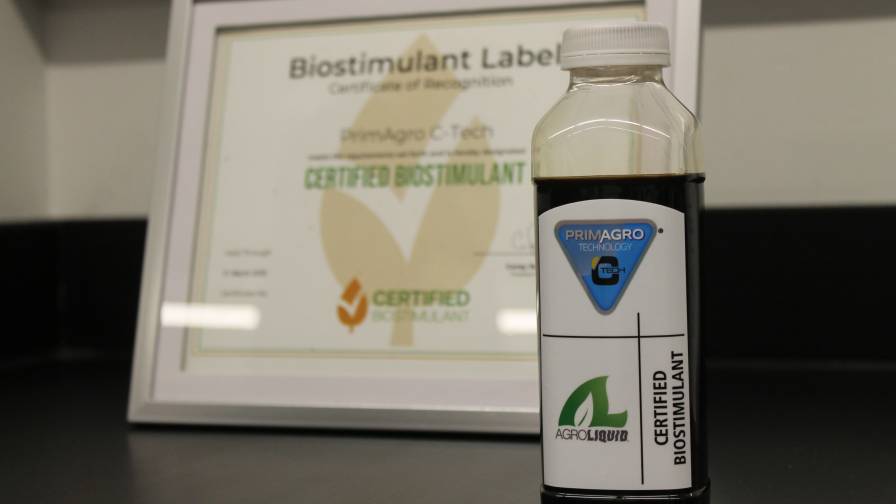4 Key Factors Affecting Potassium Uptake
Potassium (K) is an essential nutrient for plant growth. Because large amounts are absorbed from the root zone in the production of most agronomic crops, it is classified as a macronutrient. Potassium uptake by plants is affected by several factors, according to University of Minnesota Extension soil scientists.
They include:
Soil Moisture: Higher soil moisture usually means greater availability of K. Increasing soil moisture increases movement of K to plant roots and enhances availability. Research has generally shown more responses to K fertilization in dry years.
Soil Aeration and Oxygen Level: Air is necessary for root respiration and K uptake. Root activity and subsequent K uptake decrease as soil moisture content increases to saturation. Levels of oxygen are very low in saturated soils.
Soil Temperature: Root activity, plant functions, and physiological processes all increase as soil temperature increases. This increase in physiological activity leads to increased K uptake. Optimum soil temperature for uptake is 60-80°F. Potassium uptake is reduced at low soil temperatures.
Tillage System: Availability of soil K is reduced in no-till and ridge-till planting systems. The exact cause of this reduction is not known. Results of research point to restrictions in root growth combined with a restricted distribution of roots in the soil.
Read the full story on Extension.UMN.edu.






